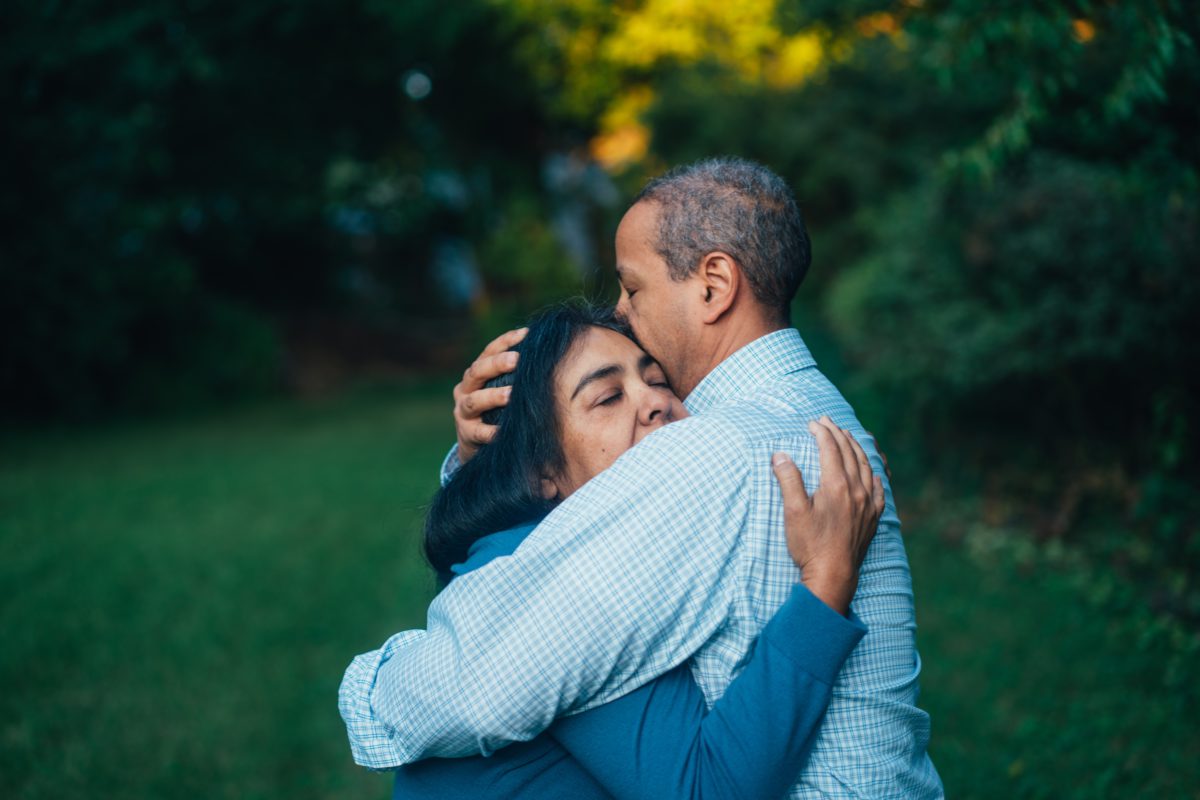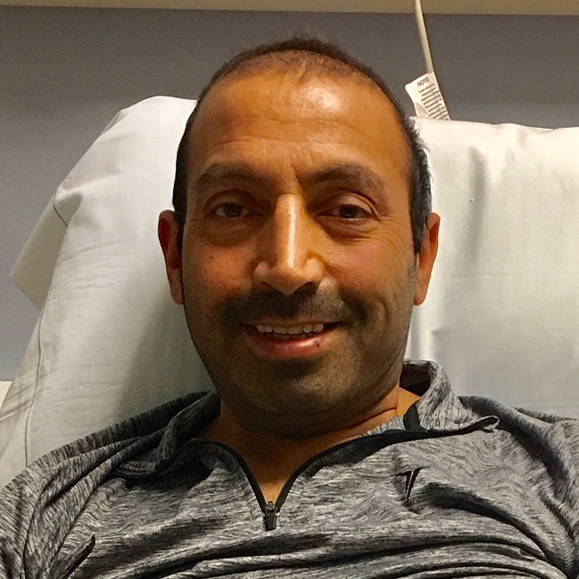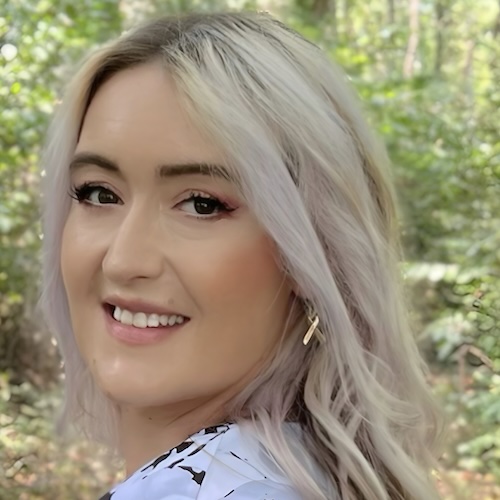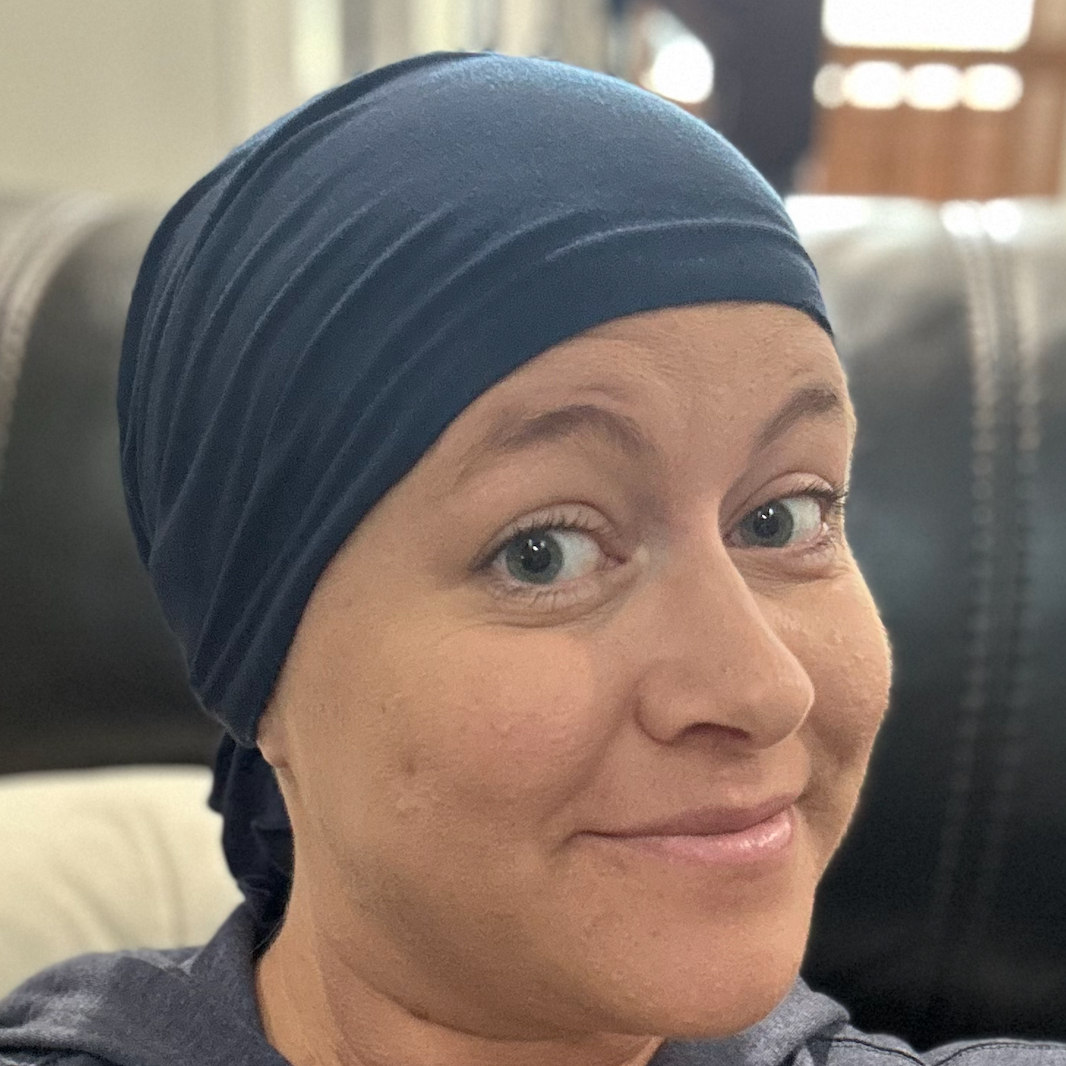Immunotherapy Cancer Treatment FAQ and Patient
Stories
Your immune system fights infections and diseases in your body. Immunotherapy is a kind of biological therapy or treatment that uses your immune system to fight cancer.
Immunotherapy is still relatively new which makes its success a bit hard to predict. It’s also focused on some of the more common cancers.
Immunotherapy as cancer treatment
The immune system is what finds and destroys abnormal cells, oftentimes responsible for preventing cancer or stopping its growth.
One such example are tumor-infiltrating lymphocytes, or TILs, which are immune cells that are sometimes found in or near tumors. If patients have tumors with TILs, they tend to have better results than those who don’t.
Immunotherapy as a cancer therapy helps use the immune system to target and destroy cancer cells.
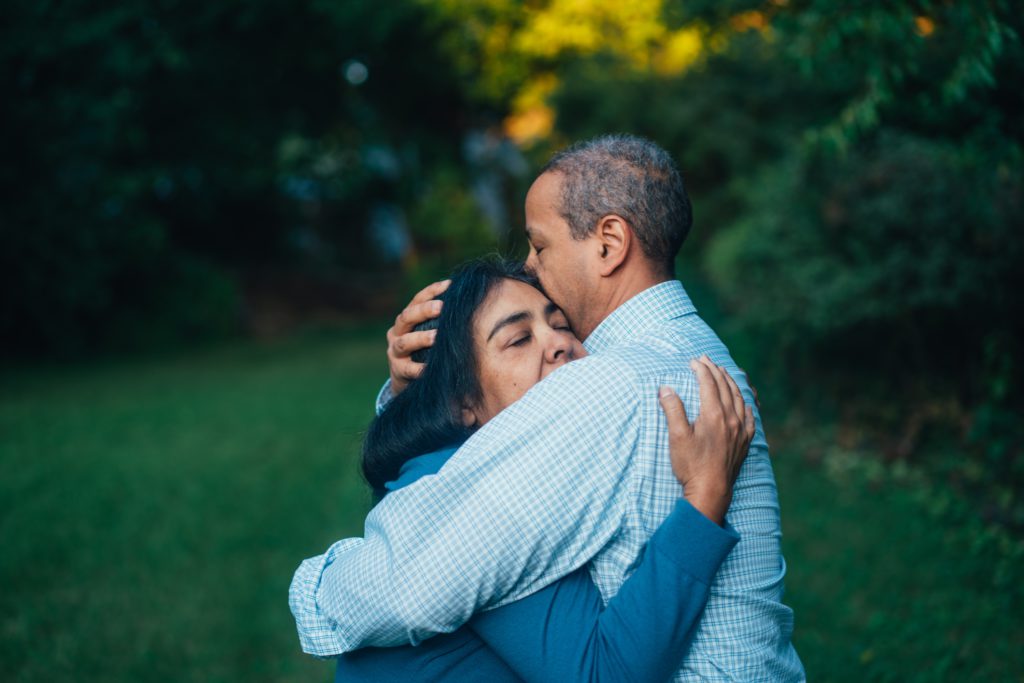
Types of immunotherapy
There are a few main kinds of immunotherapy used as cancer treatment, including:
- T-cell transfer therapy
This kind of treatment increases the ability of T cells to act against cancer. The process requires immune cells to be taken from the patient. Those cells are studied in a lab where the most active immune cells are chosen, grown, and then sent back to be put into the patient through an IV. CAR T-Cell therapy is one of the most well-known. - Immune checkpoint inhibitors
These drugs block immune checkpoints, which are a part of the immune system. The immune checkpoints ensure immune responses are within normal range. By blocking these checkpoints, the immune cells are able to react more strongly to cancer cells. - Immune system modulators
These modulators increase the immune system’s response to and against cancer. Some of them target specific areas of the immune system, some more generally. - Monoclonal antibodies
These antibodies are lab-created proteins that are formulated to bind to cancer cells. These are also referred to as therapeutic antibodies. - Treatment vaccines
This is not the same type of vaccine used to prevent diseases. This is a type of immunotherapy that acts against cancer by increasing the immune system’s response to cancer.
Common cancers treated with immunotherapy
This type of cancer treatment is less common compared to chemotherapy, radiation therapy, and surgery. Some of the more commonly treated cancers using immunotherapy include:
- Bladder cancer
- Head and neck cancers
- Hodgkin lymphoma
- Kidney cancer
- Lung cancer
- Non-Hodgkin lymphoma
Immunotherapy side effects
As with all cancer treatments, the side effects vary depending on the patient. No two people will track exactly the same. Factors that may contribute to what side effects a patient feels include:
- State of health before treatment
- Cancer type
- Cancer stage
- Immunotherapy type
- Dosage
There are some side effects that are more commonly experienced, regardless of the immunotherapy type:
- Skin reaction at needle site
- May include pain, soreness, swelling, itchiness, rash, and redness
- Flu-like symptoms
- May include chills, fever, headache, problems breathing, dizziness, nausea, vomiting, muscle/joint aches, fatigue, weakness, low/high blood pressure
- Diarrhea
- Sinus congestion
- Swelling, weight gain (as a result of fluid retention)
- Heart palpitations
- Higher risk of infection
There are side effects more associated with type of immunotherapy. For a more comprehensive list, visit the National Cancer Institute page on immunotherapy side effects.
Ways immunotherapy is given
- Intravenous (IV)
The immunotherapy goes directly into a vein. - Oral
The immunotherapy comes in pills or capsules that you swallow. - Topical
The immunotherapy comes in a cream that you rub onto your skin. This type of immunotherapy can be used for very early skin cancer. - Intravesical
The immunotherapy goes directly into the bladder.
Immunotherapy patient stories and experiences
Car T-Cell Therapy
William Y., Acute Lymphoblastic Leukemia (ALL)
Symptoms: Extreme fatigue, achey hands
Treatments: Chemotherapy, CAR T-Cell therapy
...
Jacqueline Barrientos, MD
Role: Hematologist, researcher
Focus: Chronic lymphocytic leukemia (CLL), lymphoma, 17p Deletion (Ibrutinib, Acalabrutinib, Venetoclax), IgHV mutation
Provider: Northwell Health (NYC)
...
Tim Fenske, MD, MS
Role: Hematologist-Oncologist
Focus: chronic lymphocytic leukemia (CLL) & leukemia and lymphoma | CAR T, targeted therapy
Provider: Medical College of Wisconsin
...
Shahzad B., Refractory Diffuse Large B-Cell Lymphoma (DLBCL), Stage 4
Symptom: Extreme fatigue
Treatments: R&B, R-ICE, R-EPOCH, CAR T-cell therapy (cell-based gene therapy)
...
Sonia S., Primary Mediastinal (PMBCL), Relapse, CAR T-Cell Therapy
Symptoms: Chest pain, superior vena cava syndrome (SVCS); persistent, dry coughs, headaches
Treatments: (1st Line) R-CHOP chemotherapy, 6 cycles (2nd Line) R-ICE Chemotherapy (3rd Line) CAR T-cell therapy
...
Keytruda (pembrolizumab)
Brittanny G., Skin Cancer (Melanoma), Stage 3A
Symptoms: Mole that enlarged, changed shape, and became dry, patchy, and flaky, fatigue
Treatments: Surgeries (wide local excision, lymphadenectomy), immunotherapy
...
Mary M., Endometrial Cancer, Stage 4B, Grade 2
Symptoms: Unusual fatigue, urinary tract infections, extreme pain on the right side of the abdominal area
Treatments: Surgery (hysterectomy), chemotherapy, immunotherapy
...
Mary Jane B., Stomach Cancer, Stage 4 (Metastatic)
Symptoms: Fatigue, night sweats, sharp back pain, bloody stool, unexplained weight gain, nausea and vomiting, chest pain, shortness of breath, severe anemia, loss of appetite and early satiety, sudden and intermittent dry cough, persistent stomachache, distended abdomen, frequent headache, forgetfulness
Treatments: Chemotherapy, targeted therapy (anti-HER2 receptor monoclonal antibody), immunotherapy (PD-1 inhibitor)
...
Uroosa K., Stomach Cancer, Stage 4 (Metastatic)
Symptoms: Extreme fatigue, sharp and persistent abdominal pains, nausea, weight loss, ulcer-like symptoms
Treatments: Surgery (Whipple procedure), chemotherapy, immunotherapy
...
Ashley S., Adrenal Cancer, Stage 4
Symptoms: Swollen ankles, very low potassium levels
Treatments: Surgery (removal of tumor, open-heart surgery), chemotherapy, immunotherapy, radiation
...
References:
- cancer.gov/about-cancer/treatment/types/immunotherapy
- https://www.cancer.gov/about-cancer/treatment/types/immunotherapy/side-effects
- https://health.clevelandclinic.org/immunotherapy-is-it-right-for-your-cancer-type/
